Has the UN lost the refugee debate in Europe?
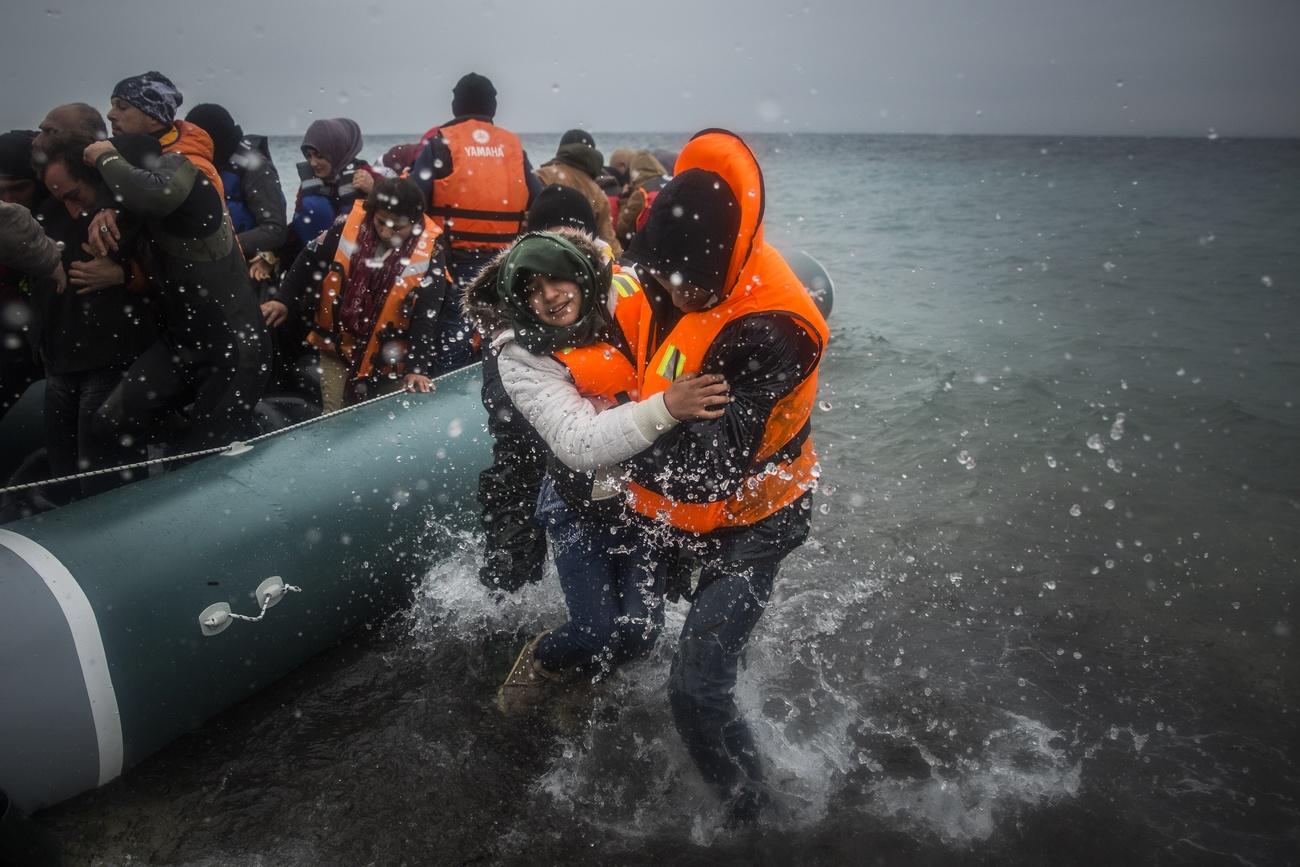
Once again, we journalists are sitting in Room III in the Palais des Nations, and once again we are being handed a piece of paper, whose statistics bear an almost bland testimony to a horror no government seems interested in addressing.
“Some 65 people have drowned after their boat sank approximately 45 nautical miles off the coast of Tunisia early this morning,” reads the statement from the UN Refugee AgencyExternal link. It is, the UN says, “one of the worst incidents on the Mediterranean in months.”
It is likely no one will ever know the identities of those people who died in the first week in May. Their families, in Nigeria, Gambia, Syria, or Iraq, may never get confirmation of their fate, but will wait, as years go by, hoping for news of the son, daughter, mother or husband they sent off to Europe with so many hopes and fears.
We are not seeing the huge masses of people crossing the Mediterranean that we saw in 2015, the year of Europe’s so-called ‘migrant crisis’. One reason for that is the pact the EU entered into with Turkey, to keep hundreds of thousands of refugees from Syria or Afghanistan in Turkey itself. The ‘Balkan Route’, and the sea journey from Turkey to the Greek islands, the one three-year-old Alan Kurdi died trying to cross, are quieter now.
No more search and rescue
Another reason is Europe’s growing focus on turning people away, rather than rescuing them. Italy, in late 2014, decided to end its Mare Nostrum rescue operation after other EU member states declined to offer financial support. Many, the UK among them, said the operation served as a ‘pull factor.’ More people would attempt the crossing, it was argued, because they knew they would be rescued.
In vain, aid agencies like the UN Refugee Agency (UNHCR), the International Organisation for Migration (IOM)External link, or the Red CrossExternal link pleaded that desperate people in fear of their lives would continue to flee, and would continue to risk their lives in those rickety boats in the Mediterranean.
Four and a half years on, and thousands of deaths in the Mediterranean later, the aid agencies have not managed to reclaim the argument. As Europe approaches elections for the European parliament, we hear political commentators suggesting that we will see a surge in right-wing populism. We also, curiously, hear both politicians and analysts saying that immigration and asylum are not big factors in these elections.
Why is that exactly? Are there fewer conflicts from which people are fleeing? No. Are there fewer refugees and displaced people? No. Is there less persecution of political, religious, or ethnic minorities? No.
Out of sight, out of mind
The primary reason for immigration falling down the political agenda is because Europe has effectively closed its doors. Out of sight, out of mind may be a cynical political tactic, but it has a proven track record of success.
Rather than reassure voters that Europe, while wishing to keep immigration under control, is still ready to help those fleeing war and persecution (as per their international obligations in fact), many European politicians seem bent on closing the door even tighter. Votes are easily won, it seems, by playing to fears of increased immigration, rather than appealing to humanity and solidarity from voters in some of the richest, most peaceful nations on earth.
And so Viktor Orban is feted among right-wing parties campaigning across Europe for his tough stance on asylum seekers in Hungary. A stance, a UN report recently revealed, which involves depriving them of food.
In Italy, Deputy Prime Minister Matteo Salvini believes his strategy of pushing migrant boats back to North Africa, and even of fining the boats of non-governmental organisations who try to rescue migrants in distress, is a vote winner.
Damaging policies
As I write this, a statementExternal link (not the first) arrives from UN human rights experts. Italy’s policy, they say, “is misleading and is not in line with both general international law and international human rights law. Instead, restrictive migration policies contribute to exacerbating migrants’ vulnerabilities and only serve to increase trafficking in persons.”
The likely result of such a policy, the experts conclude: “it would seriously undermine the human rights of migrants, including asylum seekers, as well as victims of torture, of trafficking in persons and of other serious human rights abuses.”
Surely the leaders of a country like Italy will take note? After all Italy is a proud signatory of multiple conventions, including the UN Convention on Refugees, and the Universal Declaration on Human Rights. But increasingly, those international obligations are at best ignored by politicians, at worst openly scorned and defied.
Not only are asylum seekers and migrants finding it harder and harder to get to Europe, but those who manage to get close without drowning are being pushed back…to Libya, a country in violent turmoil. UN reports show that a migrant or asylum seeker from sub-Saharan Africa faces horrific risks in today’s Libya: detention, torture, enslavement, rape, and murder.
It is hard to know how the UN can reclaim this debate and make this situation important to the people who could improve it. Very few politicians are brave enough to make the case for generosity towards refugees; their political opponents will simply accuse them of being soft on immigration.
One argument heard more frequently, and which might resonate, is that without support for countries in conflict, and for those fleeing them, we risk simply perpetuating a cycle of war and desperation. Conflicts will not be resolved, sustainable peace cannot be achieved, the thinking goes, if we abandon generations (think of Syria’s eight-year war) to a life of desperation.
Perhaps that will work. There are certainly signs in Europe, including Switzerland, that short-term populist policies are not as in favour as they were a year or two ago. Witness growing support across Europe for long-term policies on climate change, for example, or for better care for the growing population of elderly.
But really reliable support for refugees and migrants still seems a long way off. There are news stories which refer to migrants on the seas as if they were flotsam and jetsam, not human beings. That of course makes it easier to send them back to places like Libya. But desperation will still push people to try to escape, and right now, anyone setting off to cross the Mediterranean has a one in three chance of dying.
You can follow Imogen Foulkes on twitter at @imogenfoulkes, and send her questions and suggestions for UN topics.

In compliance with the JTI standards
More: SWI swissinfo.ch certified by the Journalism Trust Initiative









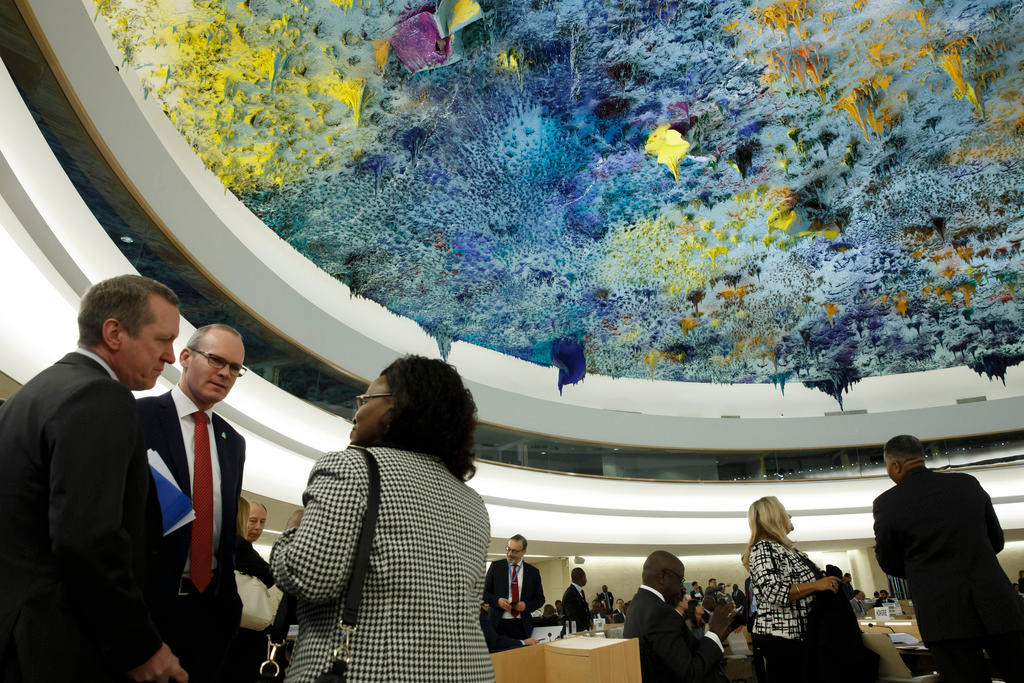
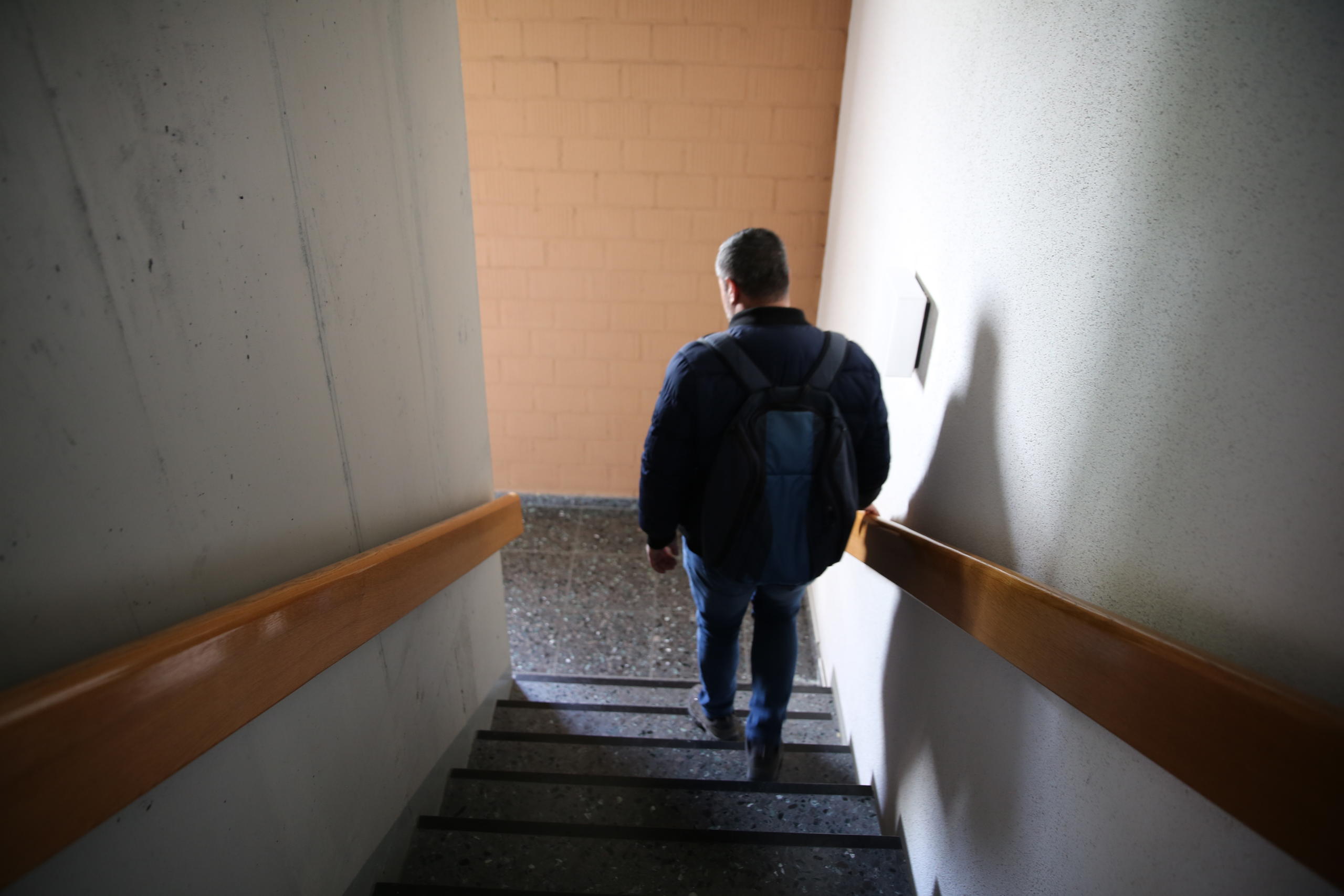
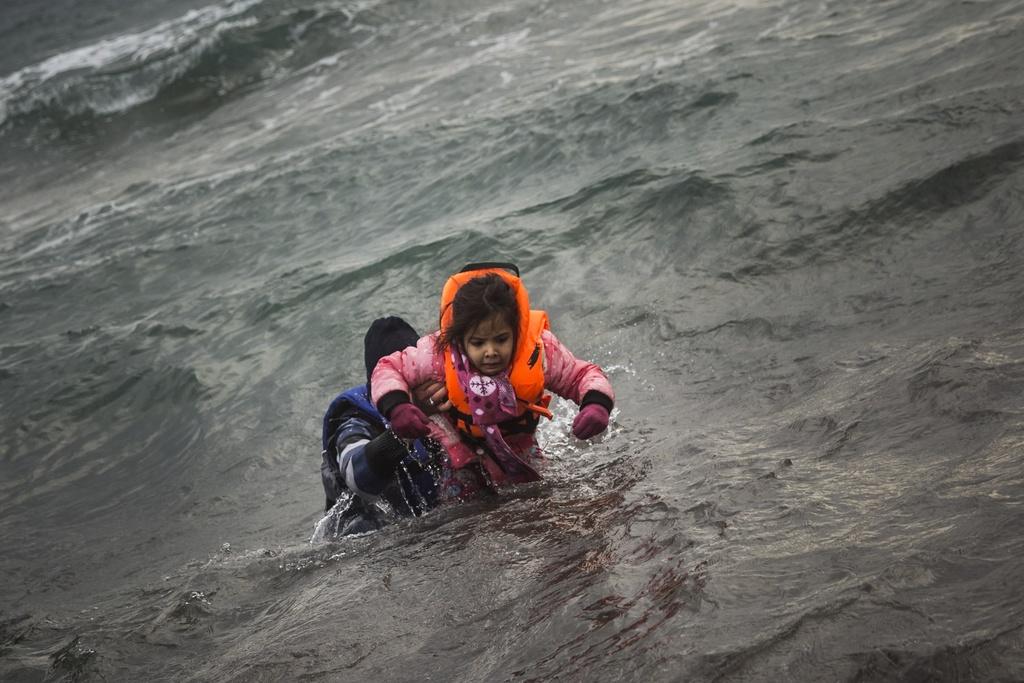
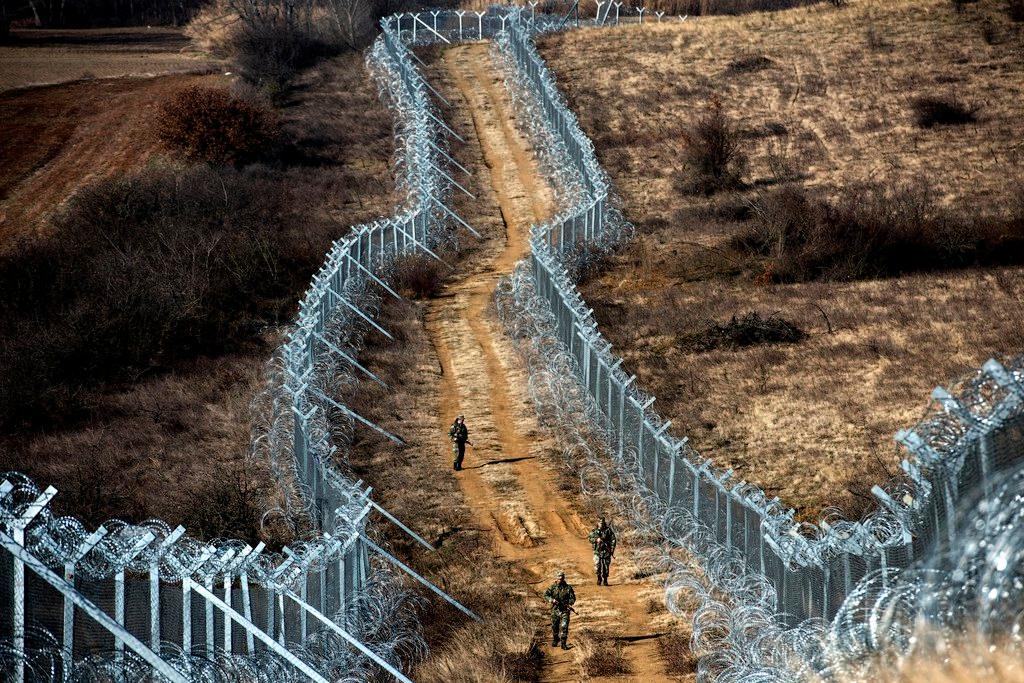
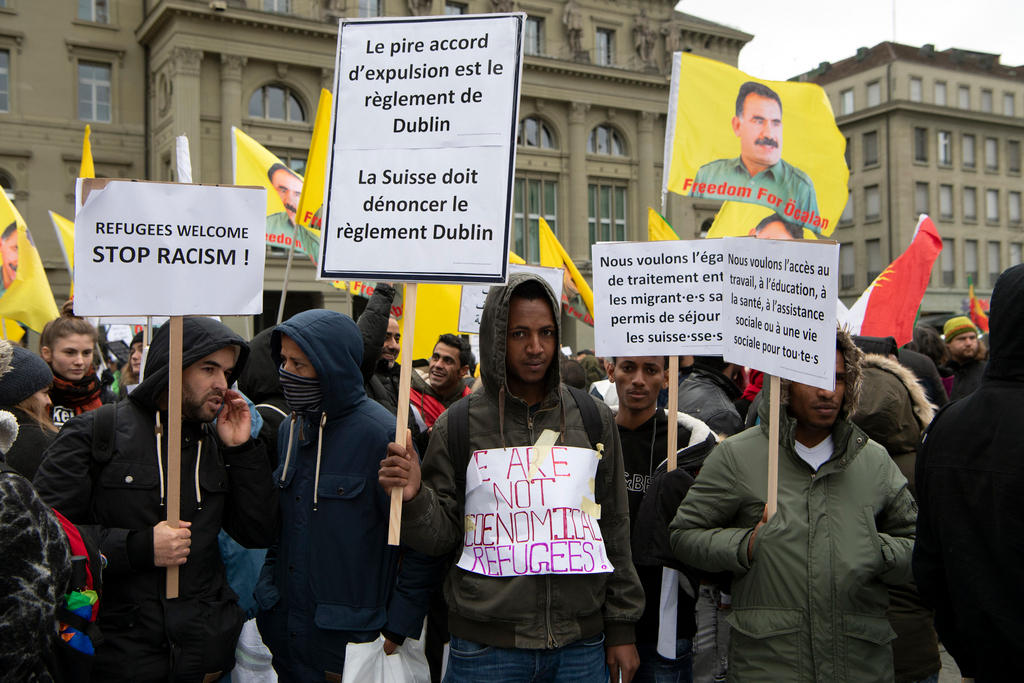
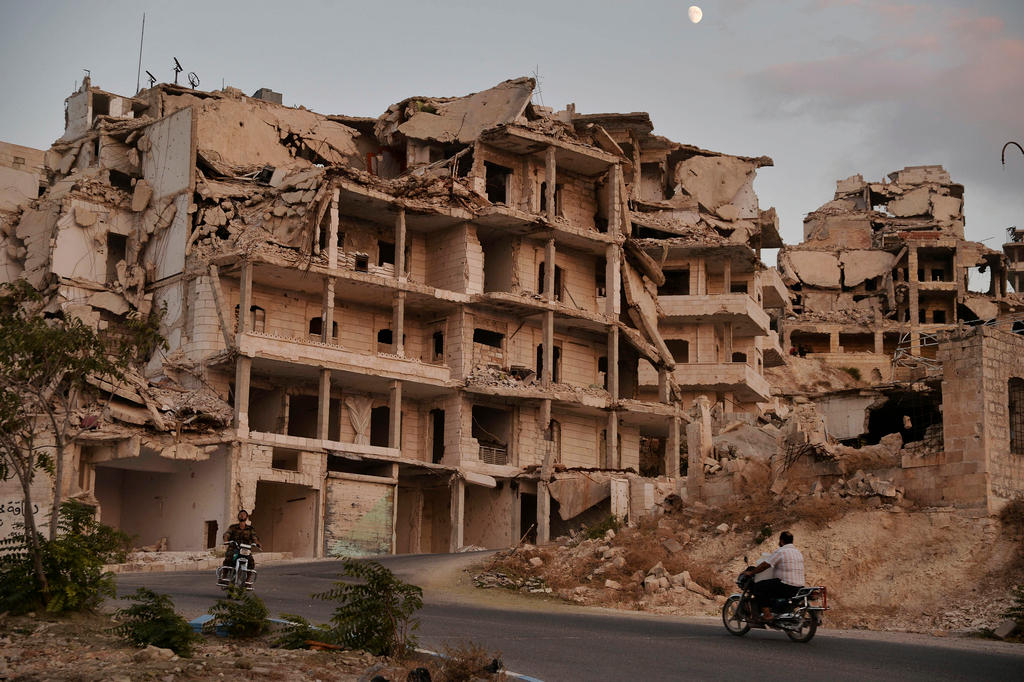
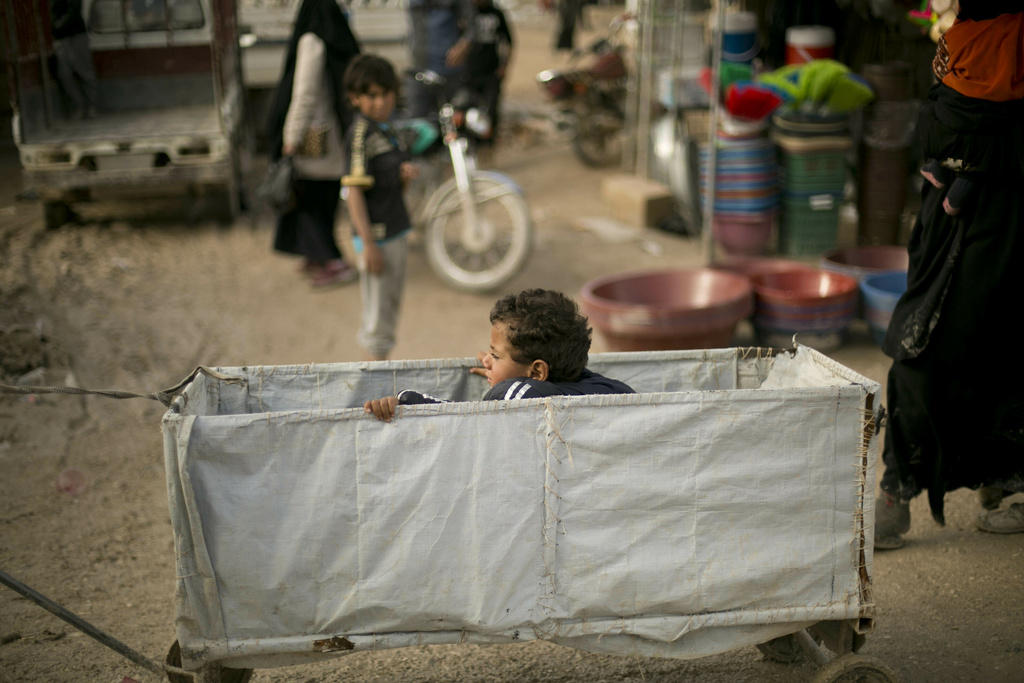
You can find an overview of ongoing debates with our journalists here . Please join us!
If you want to start a conversation about a topic raised in this article or want to report factual errors, email us at english@swissinfo.ch.